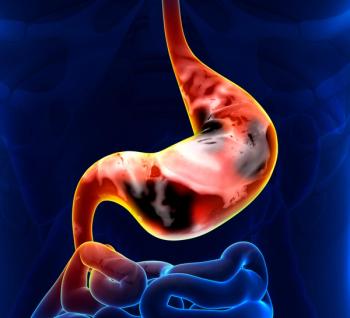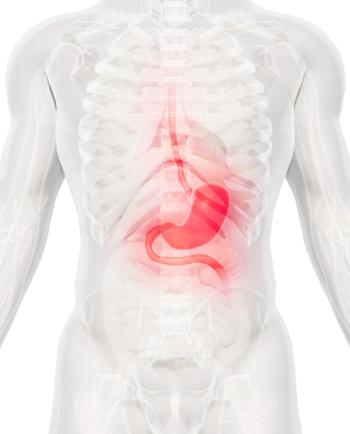
New Targeted Treatment IMMU-130 for Patients With Metastatic Colon Cancer
New data suggests that an experimental targeted therapy known as IMMU-130 may be effective in controlling drug-resistant metastatic colorectal cancer (mCRC) in patients previously treated with irinotecan-containing chemotherapy regimens.
New data suggests that an experimental targeted therapy known as IMMU-130 may be effective in controlling drug-resistant metastatic colorectal cancer (mCRC) in patients previously treated with irinotecan-containing chemotherapy regimens. These results will be
Results of a recent phase I/II clinical trial showed therapeutic activity with IMMU-130 in advanced mCRC patients during phase I extended dosing, even in patients who had relapsed or had refractory disease. In addition, the study showed this antibody-drug conjugate (ADC) has manageable neutropenia and gastrointestinal toxicities.
Study investigator Efrat Dotan, MD, who is a medical oncologist at Fox Chase Cancer Center in Philadelphia, said this is a new treatment approach using an ADC to deliver the treatment directly into the cancer cell while limiting toxicity to healthy tissue. The primary study objective was to determine the maximum tolerated dose among patients with mCRC who had been previously treated with at least one prior chemotherapy regimen containing irinotecan. Between February 2013 and November 2014, 87 patients were enrolled into the phase I/II clinical trial. Patients were treated with escalating doses of the drug on a once or twice weekly schedule. Treatment was given for 2 consecutive weeks on a 3-week cycle.
IMMU-130, which is an ADC of the humanized anti-CEACAM5 antibody labetuzumab, was reasonably well tolerated, with dose-limiting toxicity of neutropenia in 10% of the patients. In addition, stabilization of disease and tumor shrinkage was seen among this heavily pretreated patient group. The researchers concluded that repeated cycles of IMMU-130 had an acceptable toxicity profile. They believe the results warrant further investigation of the drug in the treatment of mCRC.
The presentation will show that dose reductions/delays were required due to ≥ grade 2 neutropenia at dose 12 or 9 mg/kg. Two patients dosed at 9 mg/kg required dose reduction to 4.5 mg/kg. One of these patients completed 21 doses, with a 24% reduction in the target lesions. The second patient had stable disease and another patient had stable disease after 32 doses. Dr. Dotan said two of six patients in the 6 mg/kg cohort showed a treatment effect following dose reduction for toxicity. One of the patients in this cohort experienced a 28% reduction in target lesions after 38 doses, and another patient in this cohort experienced a 63% reduction in the target lesions after continuing treatment at 3 mg/kg for 27 doses.
Dr. Dotan said her team’s experience with this agent has been exciting. Plans are now underway to enroll patients in future clinical trials to test IMMU-130 in combination with other agents used to treat mCRC.
References:
- Fox Chase Cancer Center. (2015).
New Targeted Treatment IMMU-130 Shows Promise in Patients with Metastatic Colon Cancer .
Newsletter
Stay up to date on recent advances in the multidisciplinary approach to cancer.



































